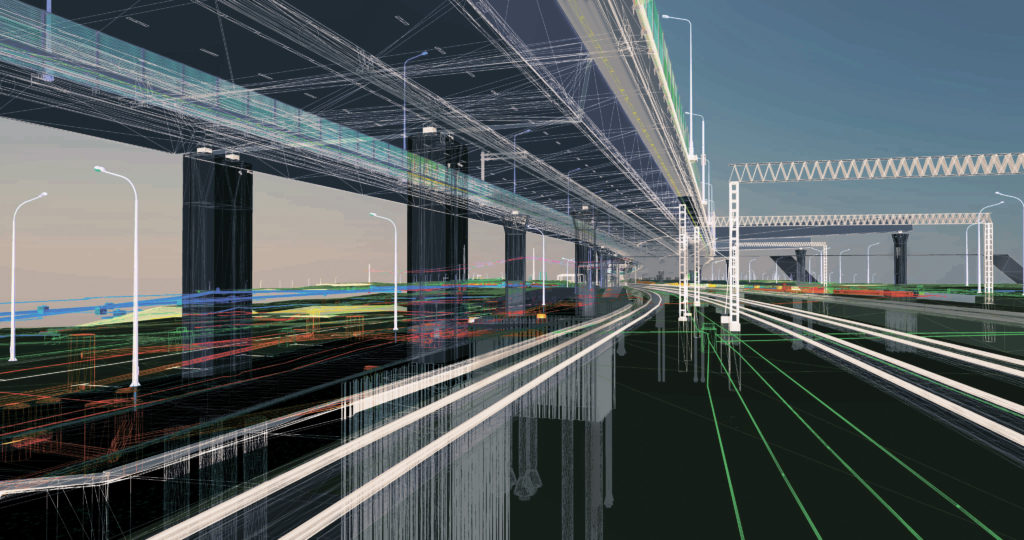
Reflection for 515R IP&T Open Scholarship class on paper by Siemens, G. & Matheos, K. (2022). Systemic Changes in Higher Education. In R. Kimmons (Ed.), Becoming an Open Scholar. EdTech Books.
I used to think of our family (me, hubby, eight children) as a college bound and educated family. I am now standing witness to some systemic changes in higher education that have me thinking that some of us may not get the college education and degrees as anticipated. In our class reading titled Systemic Changes in Higher Education, I learned that there are several reasons why this may not occur for our family.
First, here’s the rundown on the family (all brilliant, of course):
My husband ended up ABD and I earned my bachelor’s and master’s while producing children. Now that the youngest is almost 13, I’m back for a PhD. Our oldest daughter and her husband both sport master’s degrees. Our second daughter is well into her PhD. Our next in line, a son, graduated with his bachelor’s in computer engineering, so at the moment has a great job and sees no need to further education at the university level because the money stream is likely to continue. Fourth child, another son, just younger than this computer guy, took a couple of semesters of college and dropped out.
This number four child, felt he knew more than the teachers teaching his subject (and in many cases he did because he has read so extensively on subjects he cares about) so he dropped out of college and saw no need to jump through hoops. However, he’s a successful sales person because he’s super intelligent and can quickly learn everything to be known about the wares he’s selling (everything from cars to shoes). Back when he was a salesman for Red Wing Shoes, he could tell you every product in the catalogue, how and when it was made, and the history of the company. If you were the customer lucky enough to get him as your sales guy, he’d fit you with the best shoe in your price range, along with inserts, a few pairs of socks, extra laces, boot cleaner and any other accessory you may not know you needed.
The fifth child, a daughter, is working on her master’s degree in instructional design, still much in the university system with a desire to make a contribution to learning design.
The next two children graduated early from high school, one 3 months early, and the other two years early. Both smart young men, but lackadaisical in focus and in the importance of taking school seriously. I finally had to get them through school by taking them to an alternative high school. The six child did get a certificate in Aerospace Composites while in high school. The seventh son has worked off and on after a semester of college that he didn’t enjoy.
The youngest, number 8, has social angst and feels like she is wasting her time in her classes because some of her peers are goofing off. She’s very much a child of her generation, and even wonders why she just can’t start working now towards getting a degree and take college classes (because she thinks she can do it). I just pulled her out of middle school for homeschool on Friday.
Now, back to the article and my reasons. The university reflects the society, and right now the universities aren’t staying up with the society it should be reflecting. The information cycles are no longer in control of publishers, but in the control of individuals. The global pressures of climate change, financial upheavals, policy shifts and technological innovations are affecting our universities in ways that damage their established viability.
Universities are responding by moving toward open models of scholarship and education, intersecting with traditional educational models. According to the authors, “Future higher education models, while continuing to rely on government research and service to society, will likely develop in response to global, social and political, technological, and educational trends.”
Looks like my vision is toast! My younger children are and will be affected by these shifts in higher education. My goals of college bound and college educated/graduated children may not happen with half of my children. But don’t let them know this yet. I’m still banking on higher ed as it stands now for the next few years.
#openscholarship

